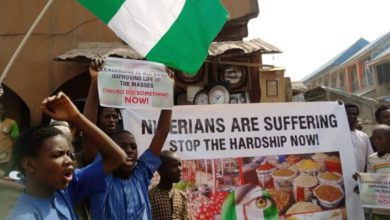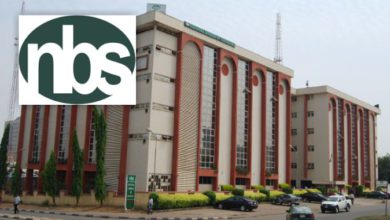
- stocks of purchases also rose sharply, to the greatest extent in 2019 so far

The Stanbic IBTC Nigeria PMI rose to 56.4 in August 2019 from 54.6 in the prior month, pointing to the strongest improvement in the health of the private sector since June 2018. New orders growth was the fastest in 14 months and output rose the most in nearly a year. In addition, employment increased at a solid pace, and one that was the fastest since June 2018. Purchasing activity went up the most in 14 months, and stocks of purchases also rose sharply, to the greatest extent in 2019 so far. Regarding prices, input costs were higher amid higher raw material prices, which led output prices to rise, albeit only marginally. Looking ahead, planned investment in new products and branches, as well as predictions of new order growth, supported optimism that activity will rise over the coming year.
The Stanbic IBTC Bank Nigeria Purchasing Managers’ Index measures the performance of the private sector and is derived from a survey of 400 companies from agriculture, manufacturing, services, construction and retail. The Purchasing Managers’ Index is a composite index based on five individual indexes with the following weights: New Orders (30 percent), Output (25 percent), Employment (20 percent), Suppliers’ Delivery Times (15 percent) and Stock of Items Purchased (10 percent), with the Delivery Times index inverted so that it moves in a comparable direction. A reading above 50 indicates an expansion of the private sector activity compared to the previous month; below 50 represents a contraction; while 50 indicates no change.
Composite Purchasing Managers Index (PMI) in Nigeria increased to 56.40 in August from 54.60 in July of 2019. Composite PMI in Nigeria is reported by Markit Economics.
PMI – actual data, historical chart and calendar of releases – was last updated on September of 2019.



